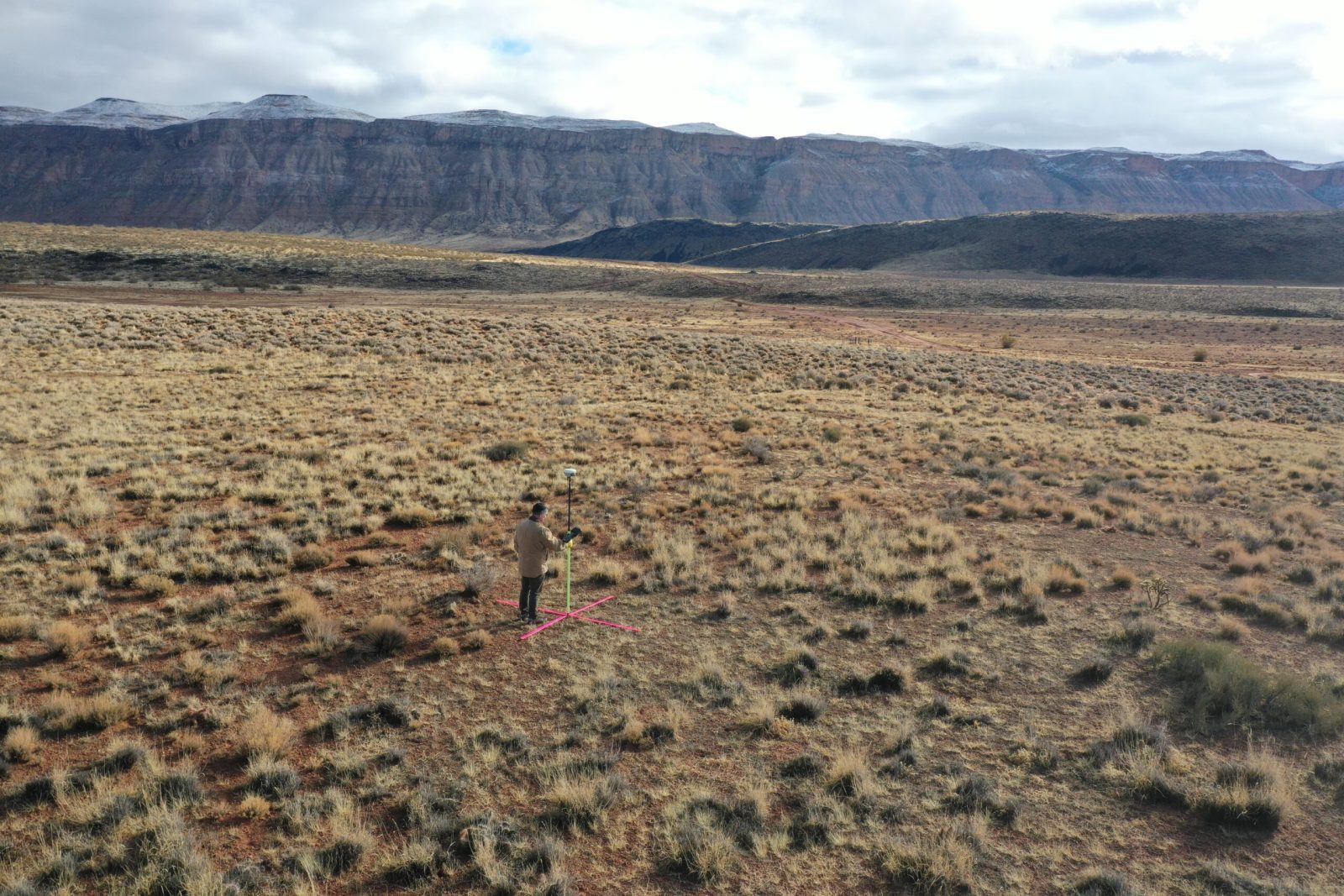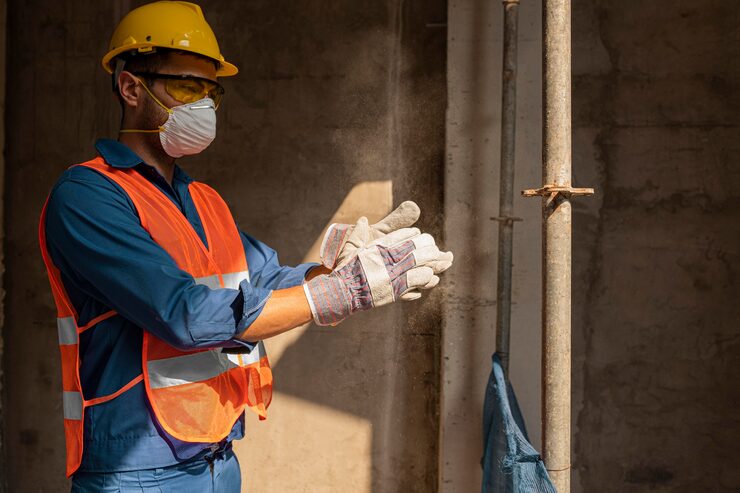When it comes to land development, construction, or property boundaries, accuracy is non-negotiable. That’s where surveying services come into play. Whether you’re a property owner, engineer, or developer, reliable land surveys ensure that your project starts on the right foundation. Understanding the role and benefits of modern surveying can save you time, money, and future disputes.
Understanding What Surveying Involves
Surveying is the science of measuring and mapping the environment using mathematics, specialized tools, and technology. It helps define land boundaries, determine topography, and create detailed maps for design and legal purposes. Modern surveyors use advanced tools like GPS, drones, and 3D scanners to deliver data with pinpoint precision.
Types of Surveying Services
Different projects require different types of surveys. Here are some common ones:
- Boundary Surveys: Define exact property lines and prevent encroachment disputes.
- Topographic Surveys: Capture elevation and terrain data for construction planning.
- Construction Surveys: Guide engineers during building by marking out reference points.
- Subdivision Surveys: Divide a parcel of land into smaller lots for sale or development.
- ALTA/NSPS Surveys: Required by lenders or title companies for real estate transactions.
Each type of survey plays a unique role in project success, ensuring accuracy and compliance with legal standards.
Why Surveying Accuracy Matters
A single measurement error can lead to costly setbacks. Accurate data ensures your project aligns with legal property boundaries and meets safety requirements. Precise surveys also prevent disputes between neighbors and streamline project approval from local authorities.
The Process Behind Modern Land Surveying
Surveying has evolved far beyond measuring tapes and compasses. Today’s professionals use satellite positioning, drones, and GIS software to deliver efficient results. The process generally involves:
- Research: Gathering existing property records and maps.
- Fieldwork: Measuring distances, angles, and elevations using advanced instruments.
- Data Analysis: Processing data digitally to create accurate maps and models.
- Reporting: Delivering certified reports and drawings for construction or legal use.
Benefits of Working with Experts
Choosing experienced professional surveyors can make a world of difference. They bring technical expertise, legal knowledge, and the latest technology to ensure each measurement is accurate and compliant. This expertise helps prevent future issues, such as building on the wrong property line or facing zoning conflicts.
How Surveying Supports Construction and Development
Every construction project, from homes to highways, starts with a survey. Accurate site data ensures buildings are correctly positioned, drainage systems function properly, and foundations rest on stable ground. Surveying is also critical for environmental and infrastructure planning.
Technology Shaping Modern Surveying
The integration of technology has made surveying faster and more reliable:
- Drones capture large areas quickly with minimal manpower.
- Laser Scanning (LiDAR) provides 3D data for detailed analysis.
- GPS and GIS allow real-time mapping and data accuracy.
These advancements enable surveyors to handle complex projects efficiently while maintaining high precision.
Choosing the Right Surveying Company
Selecting the right company is crucial. Look for:
- Licensed and certified surveyors.
- A strong reputation and positive client feedback.
- Transparent pricing and clear timelines.
- Advanced tools and modern technology.
Companies like Atlas Engineering emphasize accuracy, cost-effectiveness, and client satisfaction in every project.
Conclusion
Surveying is the first and most vital step in any property or construction project. It lays the foundation for everything that follows, ensuring accuracy, compliance, and peace of mind. Partnering with experts who specialize in reliable surveying ensures your investment is protected and your project succeeds from start to finish.
FAQs
- Why are land surveys necessary?
They confirm property boundaries, prevent disputes, and ensure compliance with zoning and construction laws. - How long does a survey usually take?
The duration depends on property size, terrain, and project complexity. Small residential surveys may take a few days, while large developments can take weeks. - What documents do I get after a survey?
You’ll receive a certified survey report, maps, and boundary drawings outlining all measurements and legal details.









